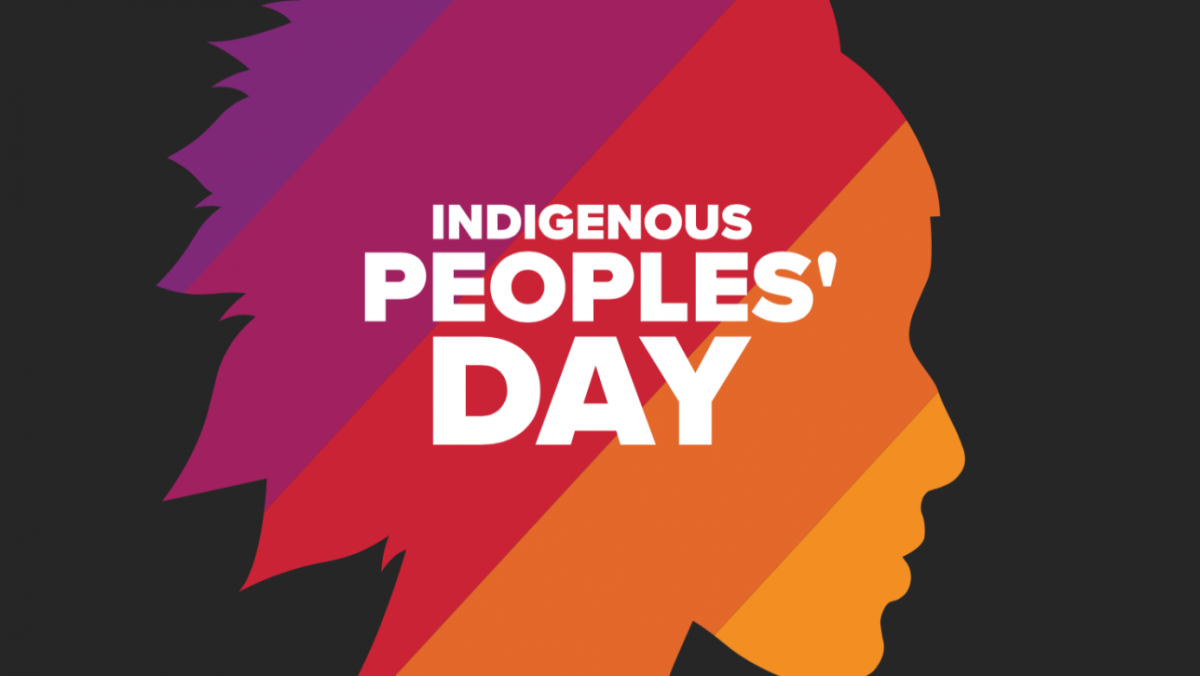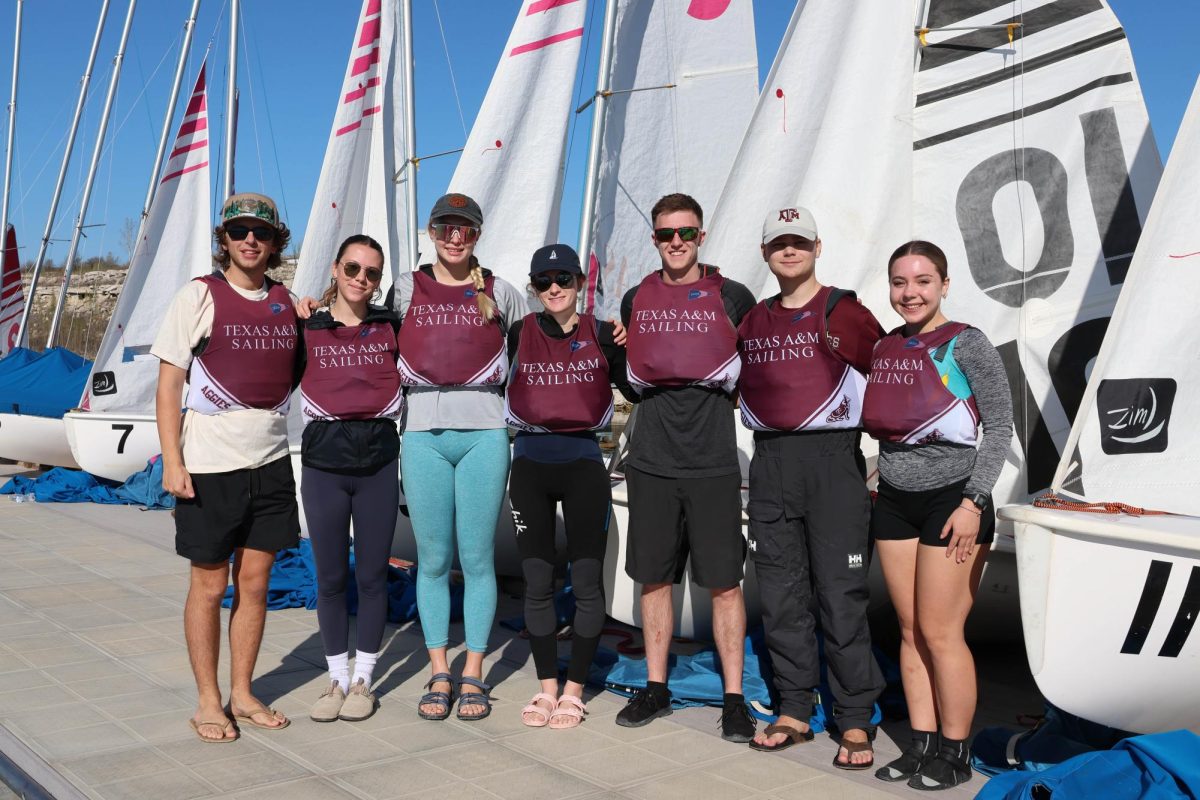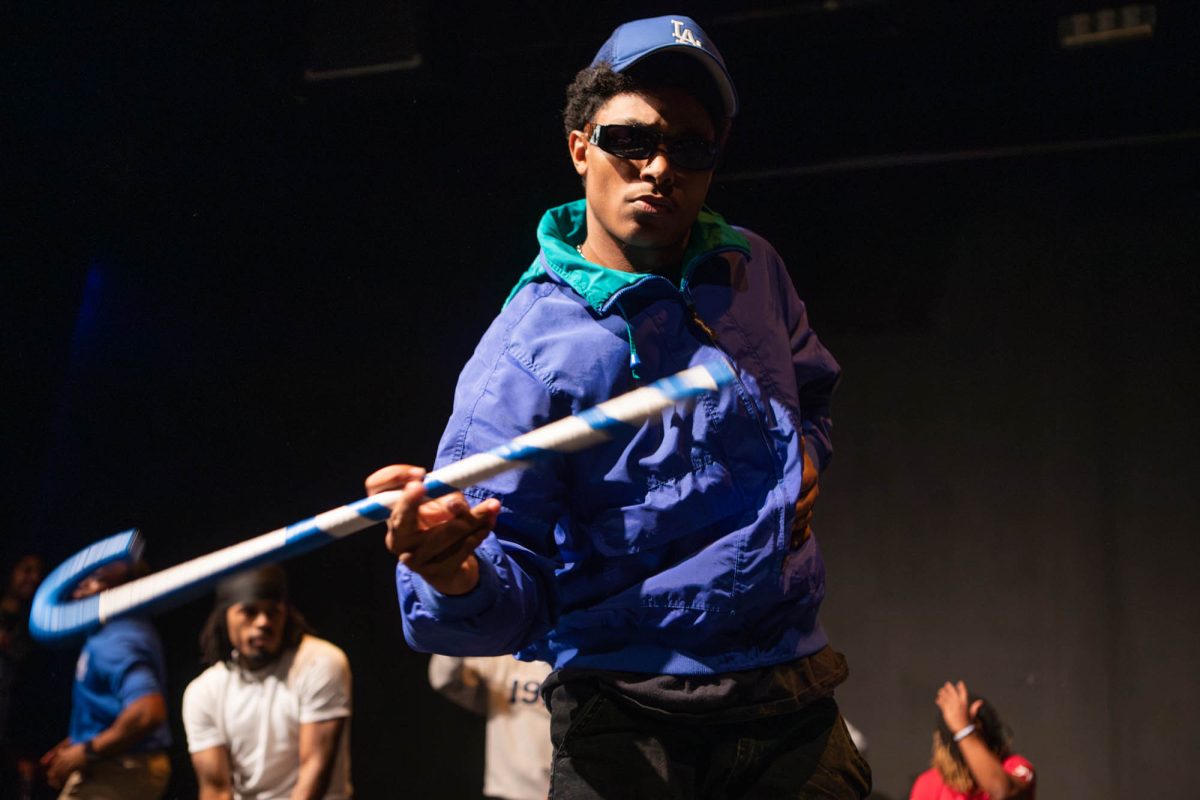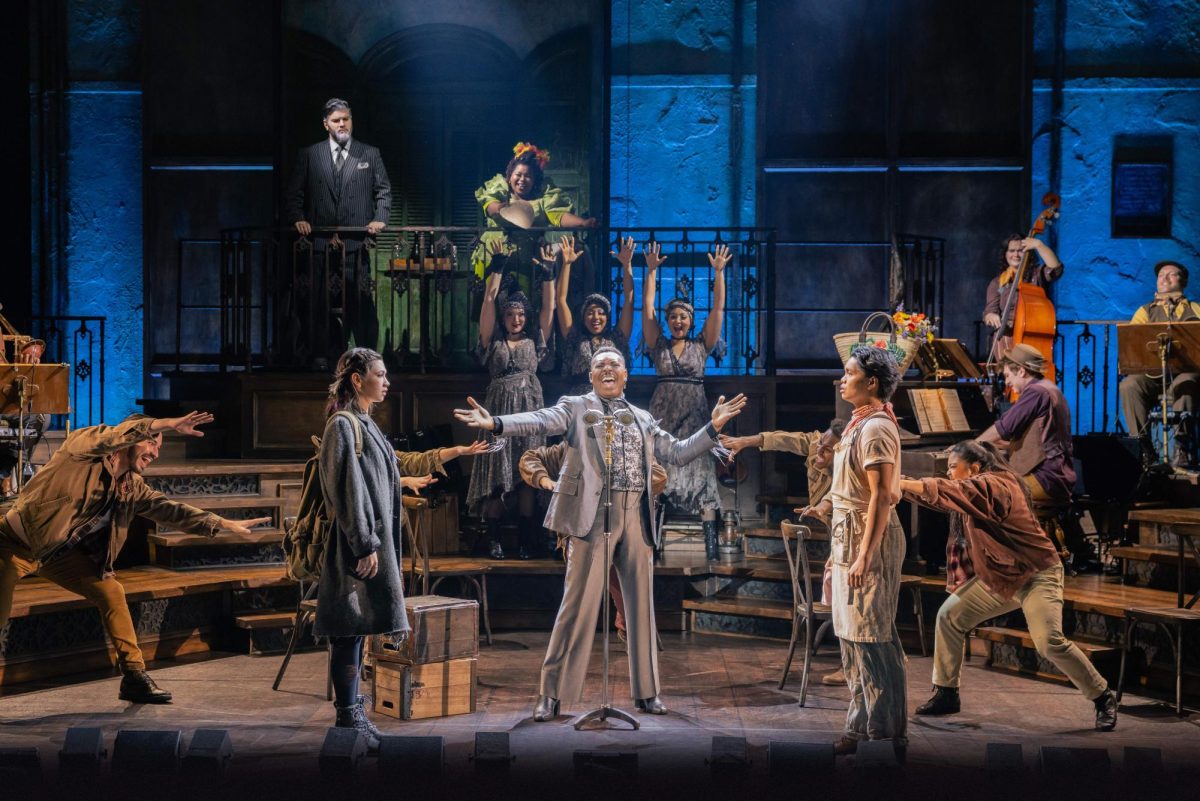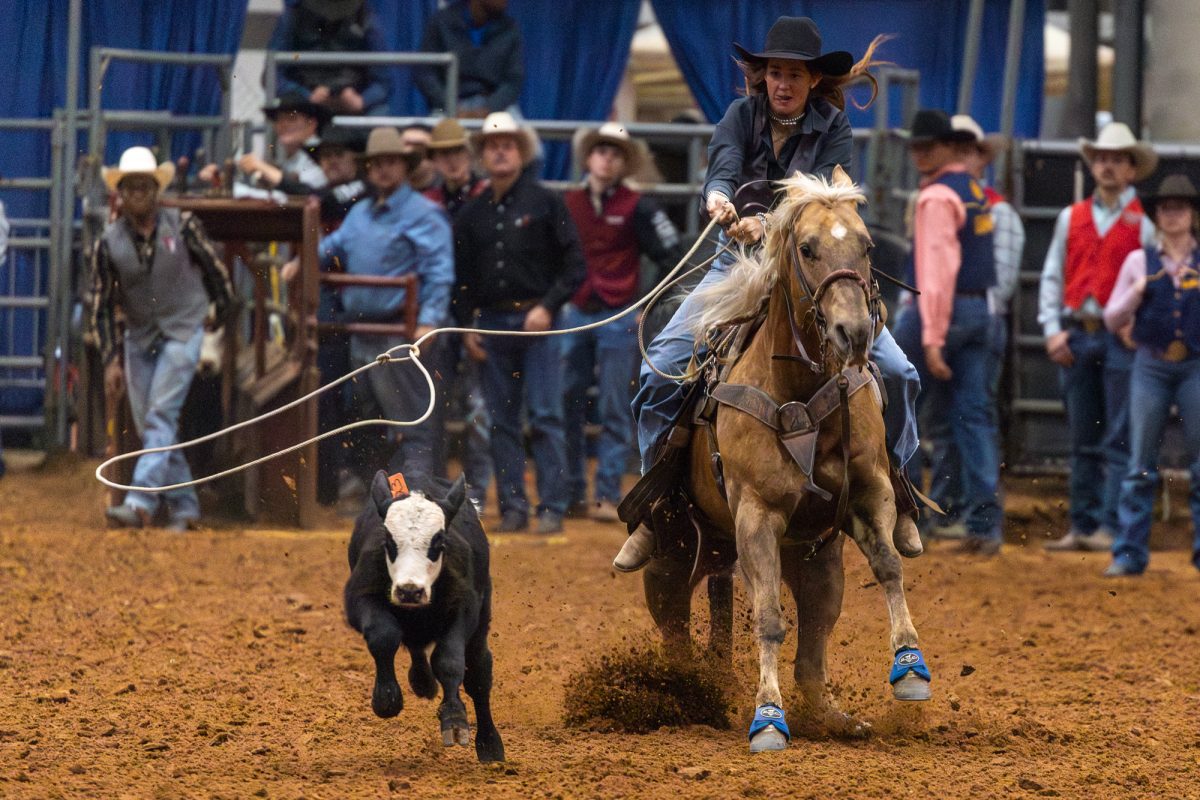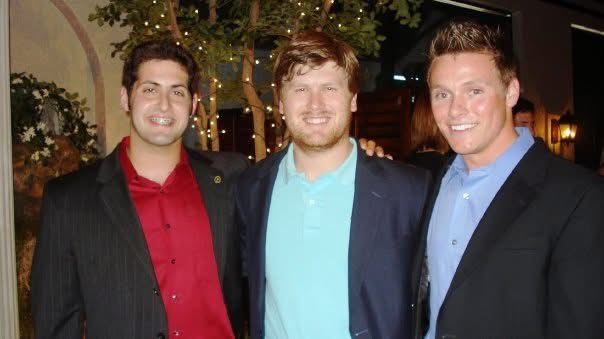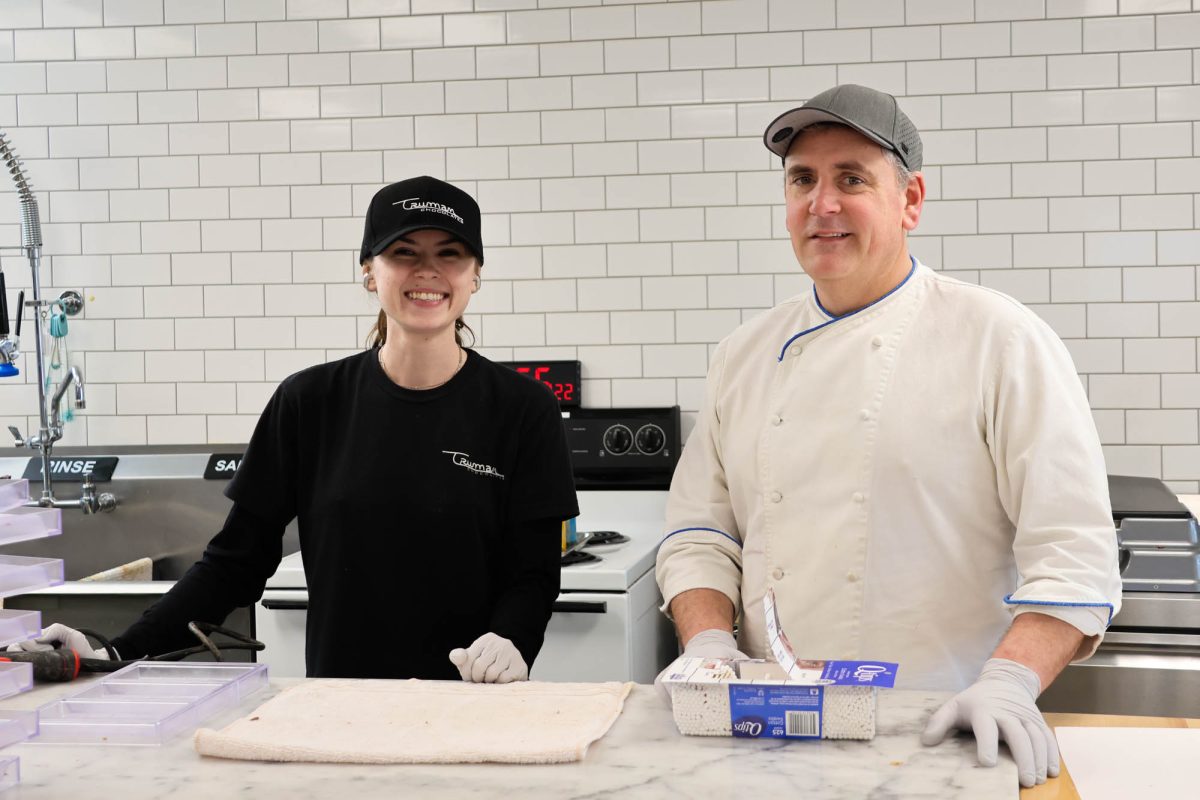Indigenous Peoples’ Day is celebrated by certain states and cities throughout the nation on Monday, Oct. 12 in an effort to spread awareness about Native Americans and their cultures.
Indigenous Peoples’ Day intends to inform people in the United States of Native American history and the presence of the indigenous group still today. It seeks not only to address the controversies of “Columbus Day” but also to commemorate Native Americans as an integral part of society. The unit of undergraduate studies LAUNCH and the Native American and Indigenous Student Organization will host an Indigenous Peoples in the United States: Common Misperceptions seminar for students to register and attend on Monday, Oct. 12 at 4 p.m.
Madeleine Flanders, animal science senior and NAISO president, said the organization seeks to unify Native American students and supportive, non-native students.
“It is a group where we can come together over shared culture and shared values and try to help improve the acknowledgement and status of native students at A&M,” Flanders said. “It is also a home away from home for a lot of the native students [and] just a community where they can feel welcomed.”
Flanders said although natives are a part of history, many people are unaware that Native Americans still exist today.
“This is probably due to the intentional attempt to erase native people from conversations and from the current state of the U.S.,” Flanders said. “Whenever native people are brought up,… it automatically turns to a more historical conversation. It’s important to reinvent what people think about Native American people in the way that it shows that we’re still here, we’re still alive, we’re still Americans.”
Ried Mackay, sociology graduate student and secondary advisor for NAISO, said the celebration of Columbus Day in the U.S. has been painful for Native Americans.
“We’re taught in school about Columbus [as the one who] discovered this land when we know from our own family histories and our tribal stories and everything that our people have been here since the beginning of time,” Mackay said. “[Columbus Day] is fraught with controversy… which has difficult overtones for Native Americans.”
Specifically, Mackay said there exists a two-pronged controversy in how Columbus Day is perceived as a national holiday.
“When Columbus first arrived in the United States, that was really the beginning of the genocide and oppression of Native Americans by European invaders,” Mackay said. “[Also,] Columbus Day is framed as this day that he discovered the Americas, and he hadn’t. There were already tens of millions of people living here with advanced civilizations. Columbus Day is really a misrepresentation.”
Angela Hudson, professor in the Department of History and primary advisor for NAISO, said Indigenous Peoples’ Day is an alternative to Columbus Day as it attempts to address misunderstandings and spread awareness about Native Americans.
“The celebration of Columbus Day has often been understood by native and indigenous peoples as the celebration of the colonization of the Americas, which has had negative effects of extraordinary levels into the present-day,” Hudson said. “Indigenous Peoples’ Day provides an opportunity for people to become more educated… about Native Americans [and] to reflect on the legacies of colonization as represented by Columbus.”
Moreover, Hudson said the change in recognition of this day does not necessarily mean the invalidation of one culture over the other.
“People began advocating for a closer look at Columbus Day, not trying to degenerate or put down people of Italian-American heritage but trying to understand… the meanings of colonization for indigenous peoples,” Hudson said. “It’s been seen almost as a clash of heritages, but it doesn’t have to be that way. I think we can acknowledge how this day has been commemorated in the past, and we can think about how we might want to commemorate it going forward.”
Celebrating Indigenous Peoples’ Day
October 11, 2020
0
Donate to The Battalion
$1865
$5000
Contributed
Our Goal
Your donation will support the student journalists of Texas A&M University - College Station. Your contribution will allow us to purchase equipment and cover our annual website hosting costs, in addition to paying freelance staffers for their work, travel costs for coverage and more!
More to Discover




